Aluminum Alloy Enclosures: Electronics' Protective Shell
Our experience with aluminum electronics enclosures has taught us the importance of durability, versatility, and design. These enclosures not only shield components from environmental factors but also offer aesthetic appeal. These metal box are not just protective shells but integral parts of a successful electronic device. We invite you to join us in discovering the various types of enclosures and how they can elevate your projects.
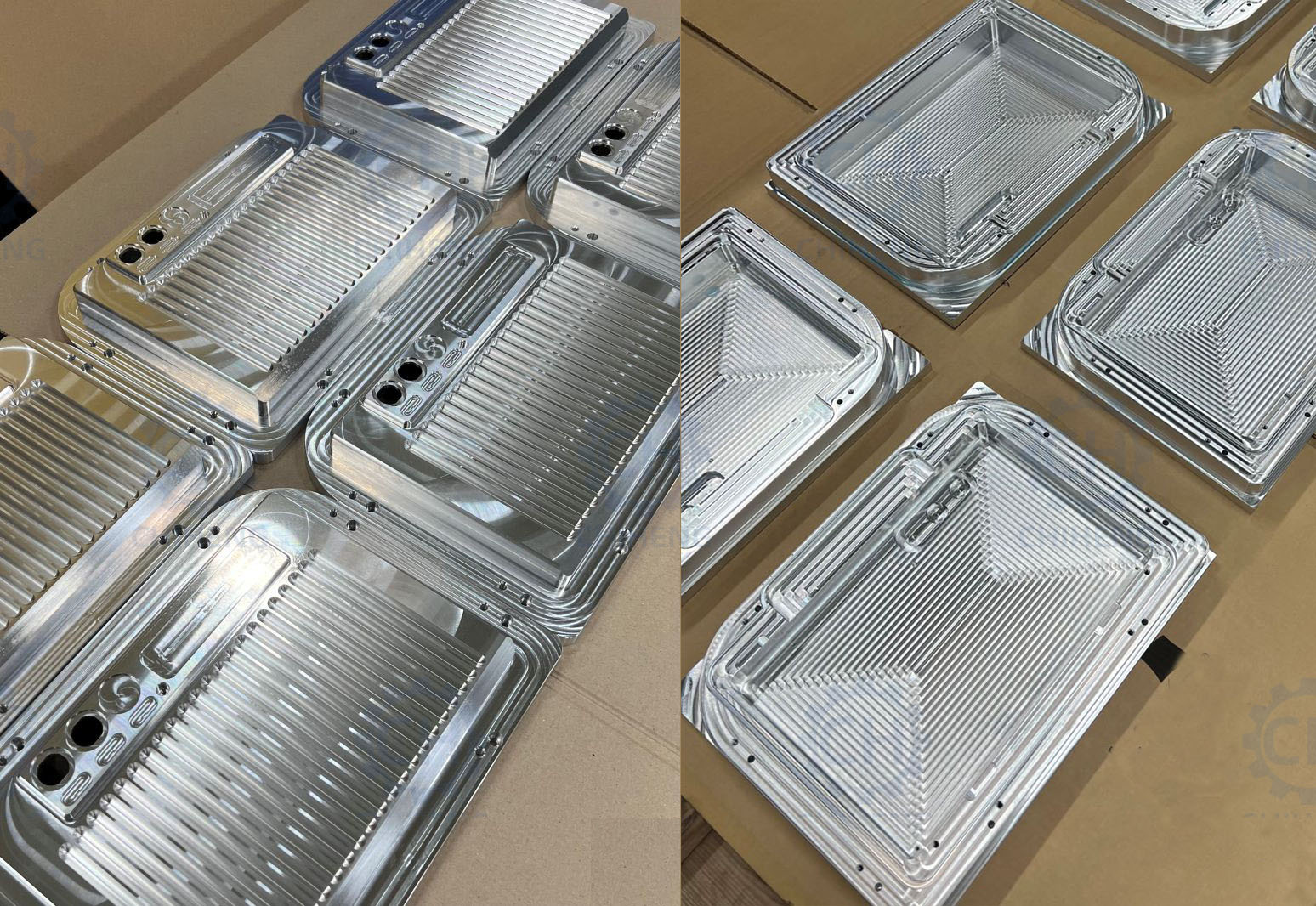
Selection and Characteristics of Aluminum Alloys:
The popularity of aluminum alloy enclosures stems from the superior properties and characteristics of aluminum. Firstly, aluminum is lightweight yet sturdy, making it highly suitable for electronic devices. It ensures portability without compromising the protection of internal components.
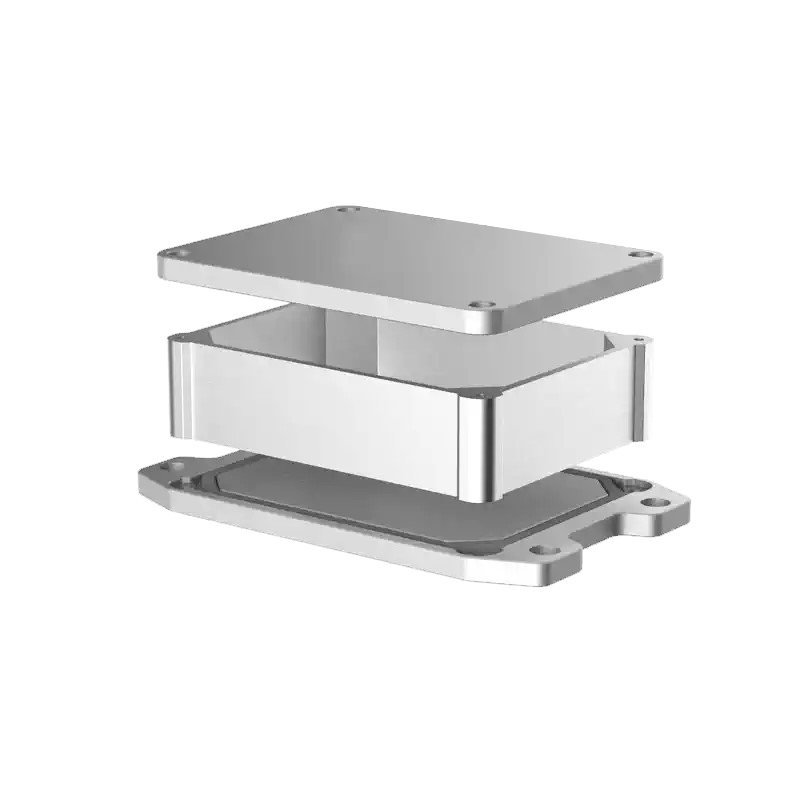
Secondly, aluminum boasts excellent thermal conductivity, effectively dissipating generated heat and aiding in maintaining normal operating temperatures. Moreover, aluminum exhibits corrosion resistance, withstanding the erosive effects of external environments and prolonging the lifespan of equipment.
Milling Techniques in Aluminum Enclosures:
The manufacturing of die cast aluminum enclosures represents a pinnacle of precision engineering, combining traditional metalworking with advanced CNC technology. These enclosures serve as the backbone of modern electronic protection systems, offering high durability and versatility.
The creation of a CNC router enclosure involves multiple sophisticated steps. The process begins with material selection and preparation, followed by precise machining operations. Modern CNC technology enables manufacturers to achieve tolerances as tight as +/- 0.0025 mm, ensuring exceptional accuracy in every component.
Material Processing Innovation
Aluminum enclosure manufacturing has led to several developments:
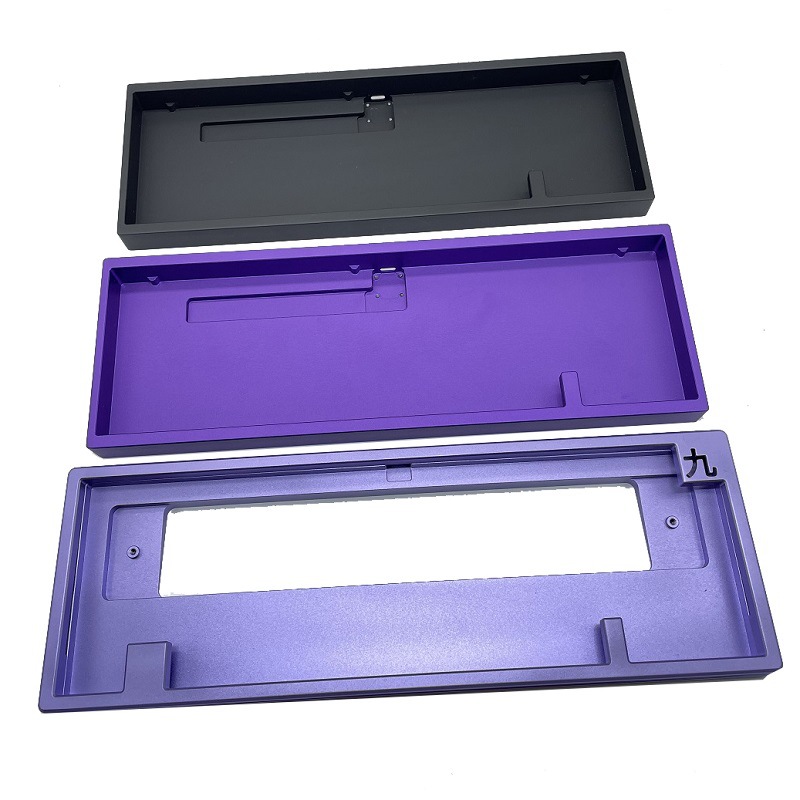
- ✔ Properties before CNC Milling (Extruded aluminum enclosure, Die cast aluminum enclosure, Sheet metal aluminum enclosure)
- ✔ Advanced surface treatment techniques (Sheet metal aluminum enclosure, Anodized aluminum enclosure, painted aluminum enclosure, Electroplated aluminum enclosure)
- ✔ Multi-axis machining capabilities (Milling, Routing, Turning, Integrated Turn-Milling)
- ✔ Integrated quality control systems
Enhanced Manufacturing Solutions
Contemporary aluminum enclosure production incorporates various cutting-edge methods:
- ● High-speed rotary machining up to 20,000 RPM
- ● Diamond drag engraving for superior finish
- ● Laser-guided precision measurements
Quality Assurance Measures
What sets professional-grade enclosures apart? The answer lies in rigorous quality control processes:
- ● Dimensional accuracy verification
- ● Surface finish inspection
- ● Structural integrity testing
Need custom precision housing?
With the relentless advancement of technology, innovation in the manufacturing techniques of aluminum alloy enclosures will persist. From material selection to process enhancement, breakthroughs will continually enhance the performance, reliability, and aesthetics of these enclosures. Furthermore, as electronic devices become increasingly diverse and intelligent, enclosures will place greater emphasis on innovative design and personalization, offering users an enhanced usage experience.
Our aluminum cnc and manufacturing services deliver top custom housings for your electronics, from low-volume prototypes to medium-sized production runs. Whether you require a standard off-the-shelf solution or a fully tailored enclosure, our experienced team can meet your exact specifications.
Creating custom electronic enclosures involves a systematic approach:
- ✔ Detailed requirement analysis
- ✔ 3D modeling and prototyping
- ✔ Manufacturing optimization
- ✔ Quality verification
Application-Specific Solutions
What makescustom housings truly exceptional? The answer lies in their ability to address unique challenges:
- ✔ Precise thermal management
- ✔ Specialized mounting solutions
- ✔ Custom I/O configurations
- ✔ Enhanced EMI shielding
The impact of customization extends across various industries:
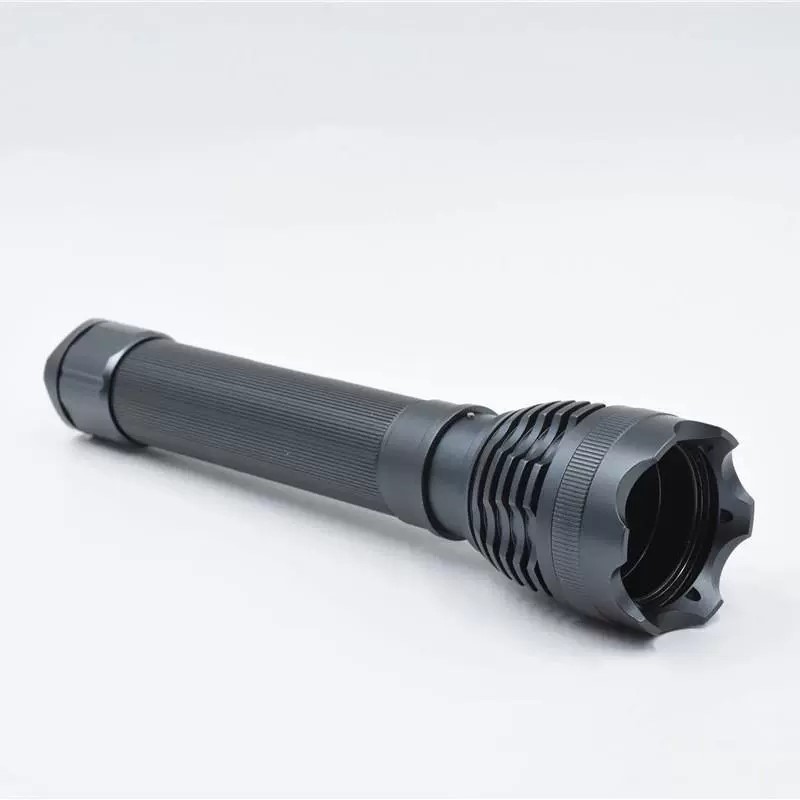
Lighting fixtures
Lighting fixture component, lamp housing, reflector, heat sink
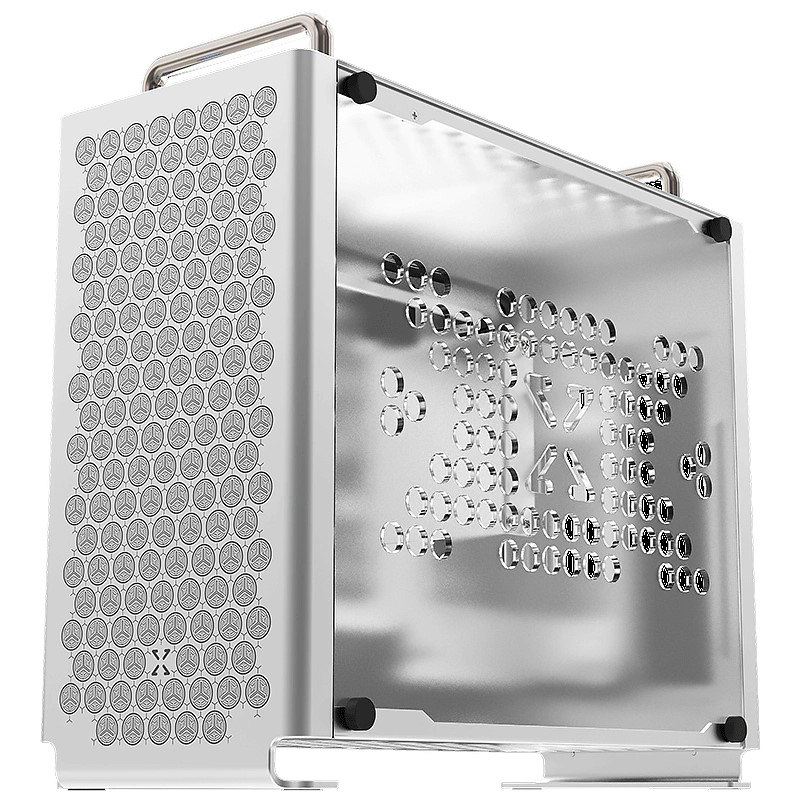
Electronic device enclosure
Electronic device enclosure, battery case, chassis, housing
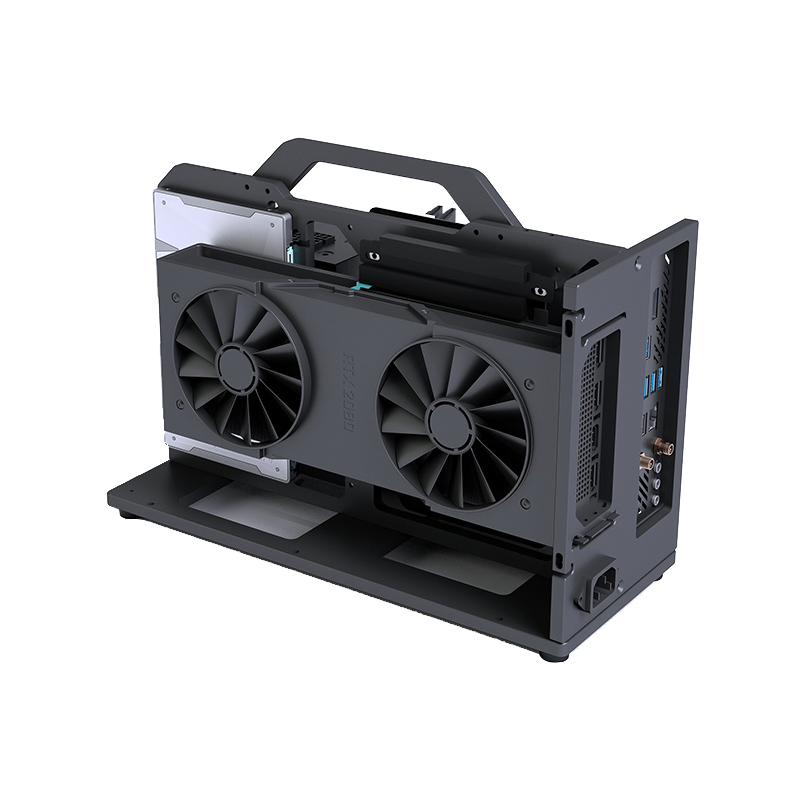
Industrial equipment enclosure
Industrial enclosure, control box, instrument case
Good to know about enclosure tips
What are the main methods for cooling electronics enclosures?
There are two main categories of cooling methods:
Passive Cooling: Relies on natural airflow and heat dissipation through the enclosure material. Examples include using heat sinks and ventilation slots.
Active Cooling: Uses external devices like fans, blowers, air conditioners, and heat exchangers to move and remove heat.
Why is regular maintenance important for aluminum enclosures?
Regular maintenance is crucial for keeping your aluminum enclosures looking their best and ensuring their longevity. It helps prevent damage and deterioration over time. For example, regular cleaning of aluminum screen enclosures prevents dirt, grime, and mold buildup, which can damage the structure.
For aluminum enclosures, cleaning frequency depends on the environment, with coastal areas needing more frequent cleaning than less harsh ones. Mild detergents with warm water are suitable for cleaning. Avoid harsh chemicals or abrasive materials that could damage the finish.
For anodized aluminum, use mild detergent and a microfiber cloth for routine cleaning and test new products in a small area. To remove light scratches, an aluminum or non-abrasive metal polish may work. Preventing corrosion involves regular cleaning, applying protective coatings, ensuring proper drainage, and avoiding contact with dissimilar metals. Protective measures include coatings, gutter guards, protective covers, and trimming vegetation.
Inspect enclosures at least twice a year for issues like corrosion or screen damage. If corrosion is found, clean the area and apply an aluminum-friendly primer and touch-up paint. While pressure washers can be used for stubborn dirt, start on the lowest setting to prevent damage. Lubricating moving parts like hinges and locks with silicone oil helps ensure smooth operation. Avoid using bleach, as it can corrode aluminum.
When should you choose a stainless steel enclosure over an aluminum enclosure?
Stainless steel is preferable for harsh coastal, marine, or industrial environments, and for high-security applications where strength is critical.




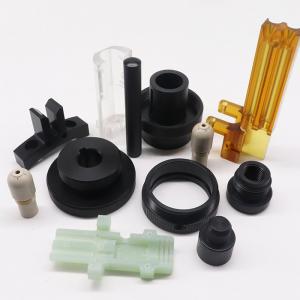
![Aluminum 6061 vs 6063: Differences for CNC Machining Applications [2025 Guide] Aluminum 6061 vs 6063: Differences for CNC Machining Applications [2025 Guide]](/Uploads/news/677e3a8d147f1.jpg)